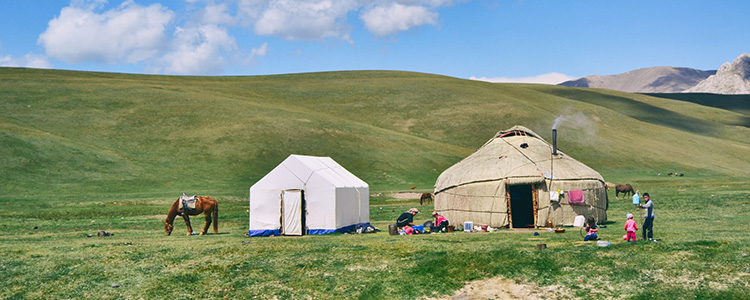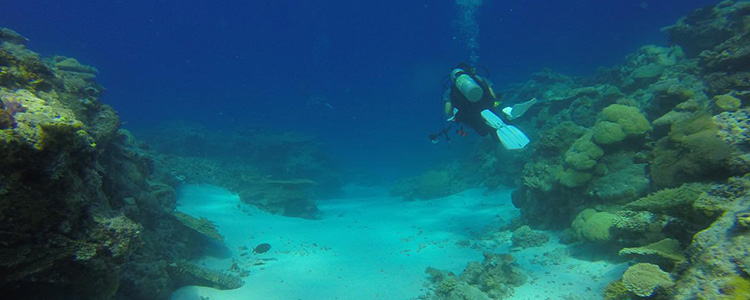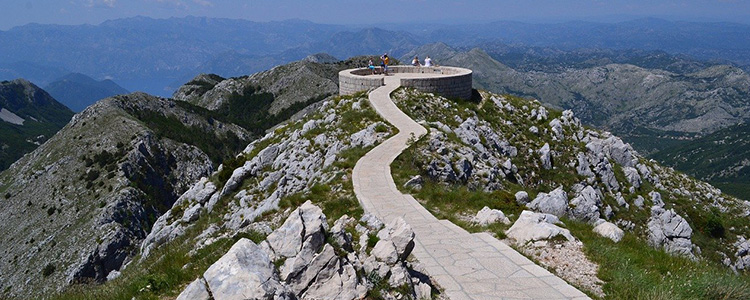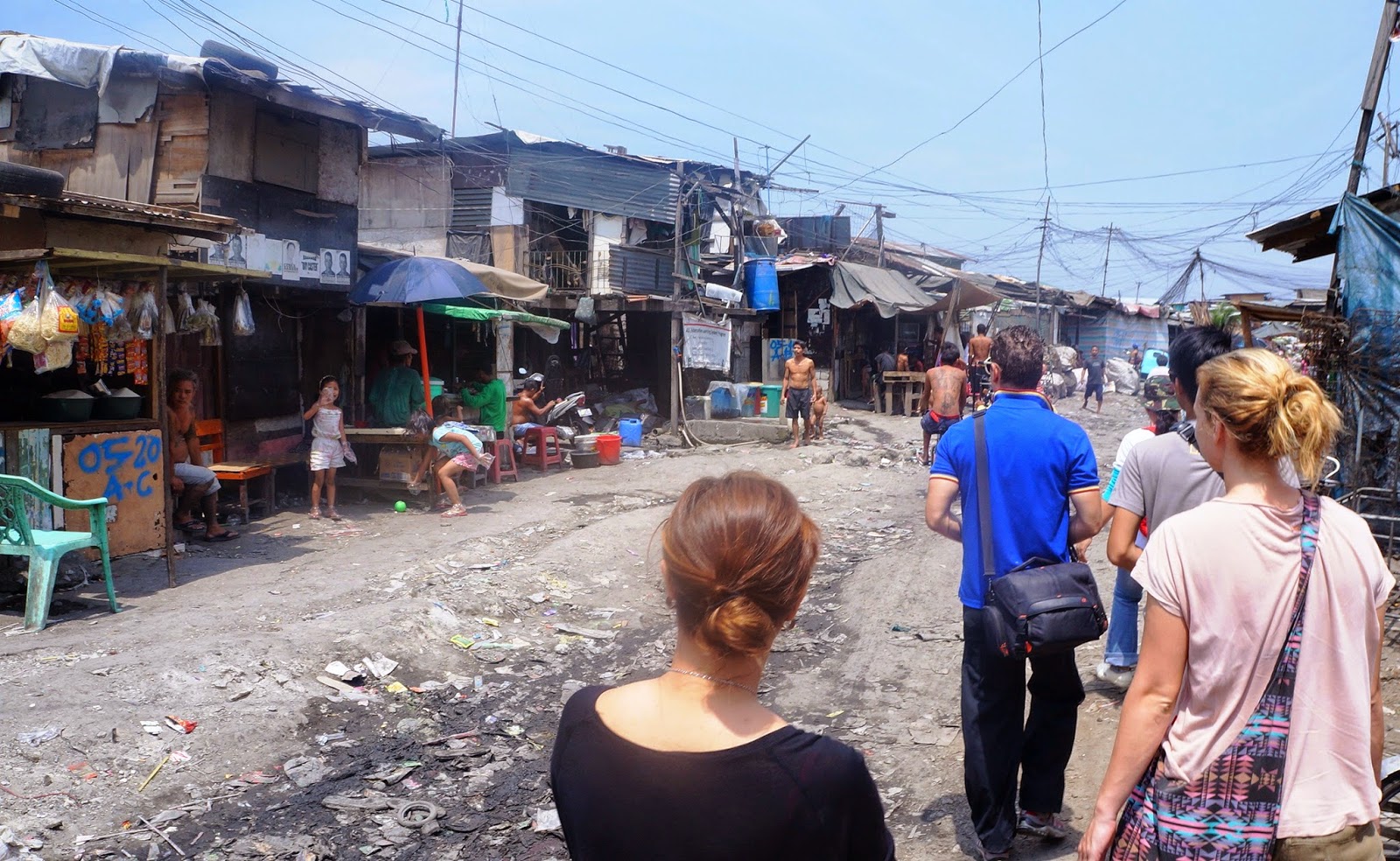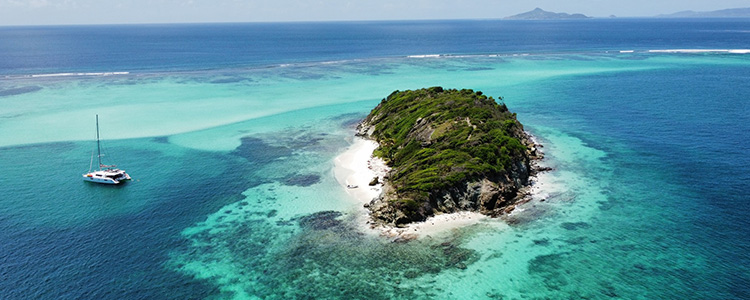Uruguay Country Bundle: suggestions, stories and tips
Content about Uruguay on WorldSupporter
 Uruguay: Updates & Travel
Uruguay: Updates & Travel
Travel in Uruguay?
- Uruguay is known as a fairly prosperous country, by South American standards and is characterized by pleasant, Western-looking cities such as Montevideo and Colonia. In addition, the Gaucho region in the hilly interior is among Uruguay's highlights.
- Near Salto are many hot springs around which spas are built, for when you want to pamper yourself for a day.
- For a relaxing beach experience, Punta del Diablo is ideal, and if you want to surf you will have to be at la Paloma or La Pedrera. For a beachside party, Punta del Este is the place to be.
- Maybe a bit touristy, but you have a chance to get to know the gaucho culture if you stay a few days on a farm and explore the area on horseback.
- Bird lovers will feast their eyes on the lakes that are near the coast. Like Laguna Negra near Punta del Diablo.
- JoHotspots in Uruguay
- Montevideo is Uruguay's vibrant capital, with a mix of colonial and modern buildings. The old town is best visited during the day (for security reasons), the Tristán Narvaja market is set up every Sunday, and at the Mercado del Puerto you'll feast your eyes on all the fresh vegetables and meat. The rambla is always pleasant, and a perfect place for people-watching.
- Colonia del Sacremento is Uruguay's oldest city (1680) and there are many cozy cafes and restaurants.
Updates Uruquay?
- More about Uruguay, updates and contributions, see the link below.
 How does healthcare work in Uruguay, and what travel insurance, health insurance or expat insurance do you need?
How does healthcare work in Uruguay, and what travel insurance, health insurance or expat insurance do you need?
- How does the healthcare system work in Uruguay?
- What is the quality of healthcare in Uruguay?
- How does the public healthcare system work in Uruguay?
- How does the private healthcare system work in Uruguay?
- How is the general practitioner arranged in Uruguay?
- How is the dentist arranged in Uruguay?
- How is pregnancy care arranged in Uruguay?
- How safe or unsafe is a trip or stay in Uruguay?
- What work and travel insurance policies are suitable for short and long stays in Uruguay?
- What emigration and expat insurance can you take out for Uruguay if you are going to live there for a while?
How does the healthcare system work in Uruguay?
What is the quality of healthcare in Uruguay?
- This small country between the great powers of Argentina and Brazil has a lot to offer. The country has had diplomatic ties with Switzerland since 1828 and draws much of its inspiration from there. It is wealthy and has a long history of strong social services. This includes health care.
- The country has both public and private health care institutions. There is also a special hospital subscription for private hospitals called “Mutualista”.
- Uruguay has also worked hard to implement a digital health care system, which has made healthcare much more efficient.
- It can be difficult to find staff who speak good English. Speaking a few words of Spanish is not a bad idea.
- Uruguay has many pharmacies (farmacias), and medicines are generally readily available. Some medicines that require a prescription in Europe or the US are available over the counter here. Many pharmacies have a 24-hour service.
- Call 911 for emergency medical assistance.
How does the public healthcare system work in Uruguay?
- The public healthcare system is organised by the government health service “Administración de los Servicios de Salud del Estado” (ASSE). This system is available to residents and expats with a residence permit. All working residents are automatically registered with the national health system (SNIS). Foreigners can register with a healthcare provider after receiving their residence permit.
- Public healthcare includes visits to general practitioners, visits to specialists (with referral), hospitalisations, maternity care, vaccinations, limited dental care, limited mental health care and partly prescription medicines.
- The large hospitals that fall under the ASSE can be found in the big cities. Clinics and small hospital posts can be found in the smaller villages.
- Unlike many other countries, the public system in Uruguay is not overloaded - partly thanks to Mutualista. The quality has therefore improved in recent years.
- The healthcare is therefore of reasonably good quality and free or cheap, but the quality still lags behind private healthcare.
How does the private healthcare system work in Uruguay?
- In Uruguay, there are several ways to use private healthcare. You can simply pay for it yourself, you can take out international health insurance yourself, or you can use a special, local system - the “Mutualista”.
- In addition to public healthcare, most Uruguayans have private health insurance with a so-called “Mutualista”. This is a kind of membership model at a hospital where you pay a monthly amount in exchange for access to high-quality healthcare. Co-payments are often still used. The British Hospital and the Asociación Española are two popular medical facilities for expats.
- Private healthcare offers extensive and faster access to specialists and treatments. The hospitals and clinics are also often better equipped and you will find more English-speaking doctors in private institutions.
- You can take out multiple kinds of Mutualista subscription with different costs per month. You will quickly get the subscription back if you have to visit a doctor a few times.
- Another option is an international private health insurance that offers coverage for all kinds of private institutions. Although a Mutualista is a good option, such a subscription does not cover things like medical repatriation and evacuation, as well as costs for care when you are outside Uruguay. For this reason, many people still opt for international private insurance.
How is the general practitioner arranged in Uruguay?
- In Uruguay, they are familiar with the family doctor, but it is somewhat less essential than in some Western countries. People often still go directly to a specialist through their Mutualista or through the public system.
- Registering with a family doctor is not mandatory, but it can be useful. You can find family doctors in public healthcare centers, in private clinics, or through the institution with which you are affiliated with the Mutualista.
How is the dentist arranged in Uruguay?
- In Uruguay, you can find both public and private dental care.
- Public dental care is limited and only covers basic care.
- Most foreigners living in Uruguay choose private dental care because of the more extensive options and better facilities.
How is pregnancy care arranged in Uruguay?
- Uruguay is one of the most progressive countries in South America and this is reflected in its maternity care.
- Uruguay has a low maternal and infant mortality rate and offers good care for pregnant women. Both public and private hospitals have specialized departments for childbirth.
- In public hospitals, childbirth is free for residents and expats with residency status.
- Private hospitals offer luxury maternity wards, and can cost up to a couple of thousand USD.
How safe or unsafe is a trip or stay in Uruguay?
What should you pay attention to in terms of safety in Uruguay?
- As you may have noticed, Uruguay is also one of the safest countries in South America. Crime does still occur, but it is mainly petty crime.
- Beware of pickpockets and muggers in tourist areas, especially Montevideo. Well-known areas where it is especially unsafe at night and on weekends are Puerto de Montevideo, Plaza Independencia, La Ciudad Vieja and Avenida 18 de Julio.
- Uruguay is one of the most progressive countries in Latin America. In terms of natural hazards, there are no hurricanes or earthquakes, but there can be heavy storms in the winter. In addition, it rains all year round, which can cause flooding. Strong currents along the Atlantic coast can also be dangerous.
What should you look out for in terms of diseases in Uruguay?
- There are few tropical diseases in Uruguay. Mosquito-borne diseases such as Dengue and Zika are rare, but they do exist. So still protect yourself well against mosquitoes.
- Some infectious diseases occur, such as hepatitis A, typhoid and rabies.
- The sun is quite strong, so watch out for sunstroke and sunburn.
- In general, food and water hygiene is also good.
What should you pay attention to when it comes to traffic in Uruguay?
- Uruguay has a good road network, but traffic can be a bit chaotic, especially in Montevideo. Pedestrians are not always given priority and zebra crossings are often ignored.
- There are quite strict rules in Uruguay. The alcohol limit is 0.0%. Uruguay has a zero tolerance policy for alcohol in traffic. You must also have both hands on the steering wheel at all times when driving. The use of mobile phones is prohibited and seat belts are mandatory.
- Thieves often target cars that are stopped at traffic lights. Make sure you always keep your windows and doors closed.
- The alcohol limit is 0.0%. Uruguay has a zero tolerance policy for alcohol in traffic.
- Buses are a cheap option for travelling around the country and taxis are safe and reasonably affordable.
What work and travel insurance policies are suitable for short and long stays in Uruguay?
Is the trip to Uruguay and your return sufficiently covered? Are you sufficiently covered before, during and after your activities? Which insurance best suits your trip and your activity? Read more about insurances for abroad on JoHoinsurances.org.
What emigration and expat insurance can you take out for Uruguay if you are going to live there for a while?
- Some visas require you to have insurance in advance, but even if this is not the case, it is important to think carefully about your insurance. Uruguay offers good options for people who are staying in the country temporarily or for a longer period, such as public healthcare and the Mutualista, but this almost never offers sufficient coverage for expats because it does not cover medical repatriation or care in neighboring countries. Many foreigners therefore still opt for their own international health insurance.
- So make sure your insurance covers medical evacuation as well as coverage in neighboring countries. Read more about insurances for abroad on Expatinsurances.org.
 Uruguay: selection of contributions by WorldSupporters - Bundle
Uruguay: selection of contributions by WorldSupporters - Bundle
Content about Uruguay shared by WorldSupporters
- 1023 reads























